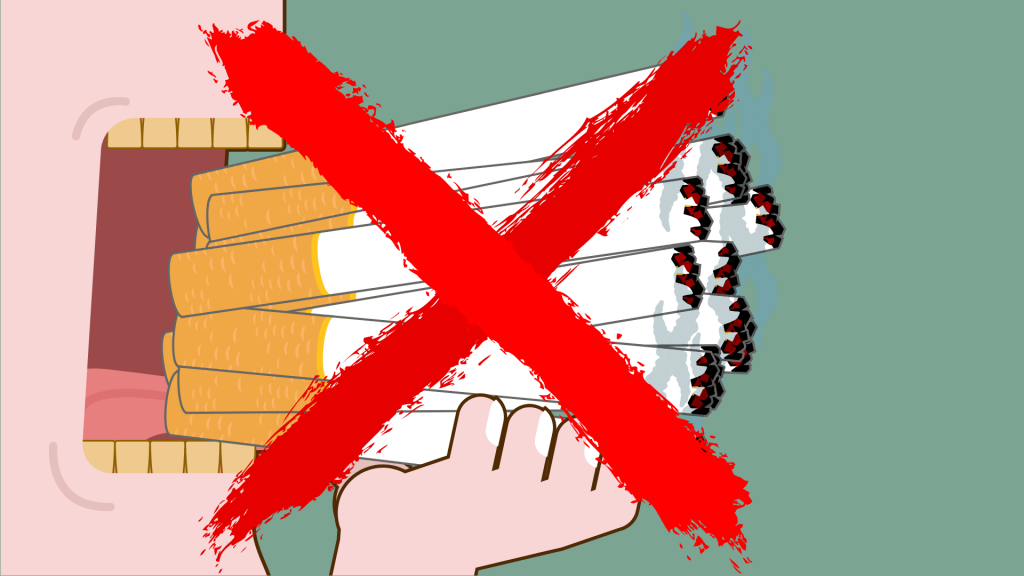Everyone knows that smoking is bad for your oral health, but it’s worth digging into the specifics in order to fully understand its effects.
While tobacco use is a hindrance to one’s overall health, the way it affects the gums and teeth is particularly troubling for most smokers. Your smile is one of your defining traits, and tobacco can discolor and stain your teeth. It also causes halitosis and a weaker sense of taste.
The aesthetic effects alone should be cause for concern, but the real trouble lies elsewhere. Studies have shown that smokers have twice the risk of suffering from gum disease compared to non-smokers. Because smoking weakens the body’s immune system, fighting off gum infection becomes much more difficult, leading to recession and disease. Smoking also diminishes the effectiveness of gum treatments, making it harder for damaged gums to heal. In its advanced stages, gum disease weakens the structures holding your teeth in place, leading to an altered bite and even tooth loss.
In addition to throat and lung cancer, smoking also causes oral cancer, symptoms of which include mouth/lip sores that don’t heal, red/white patches, growths, constant pain, etc. Often requiring radiation therapy and surgery to remove any affected tissue, oral cancer can severely change the entire structure of your face, from the way it looks to the ability to chew, speak, etc. Suffice it to say that your quality of life can be severely diminished. According to the Canadian Cancer Society, it is estimated that more than a quarter of Canadians who are diagnosed with oral cavity cancer in 2020 will die, with a higher mortality rate for men compared to women.
If you think you have symptoms, don’t hesitate to contact your dentist. And remember: do. not. smoke!






